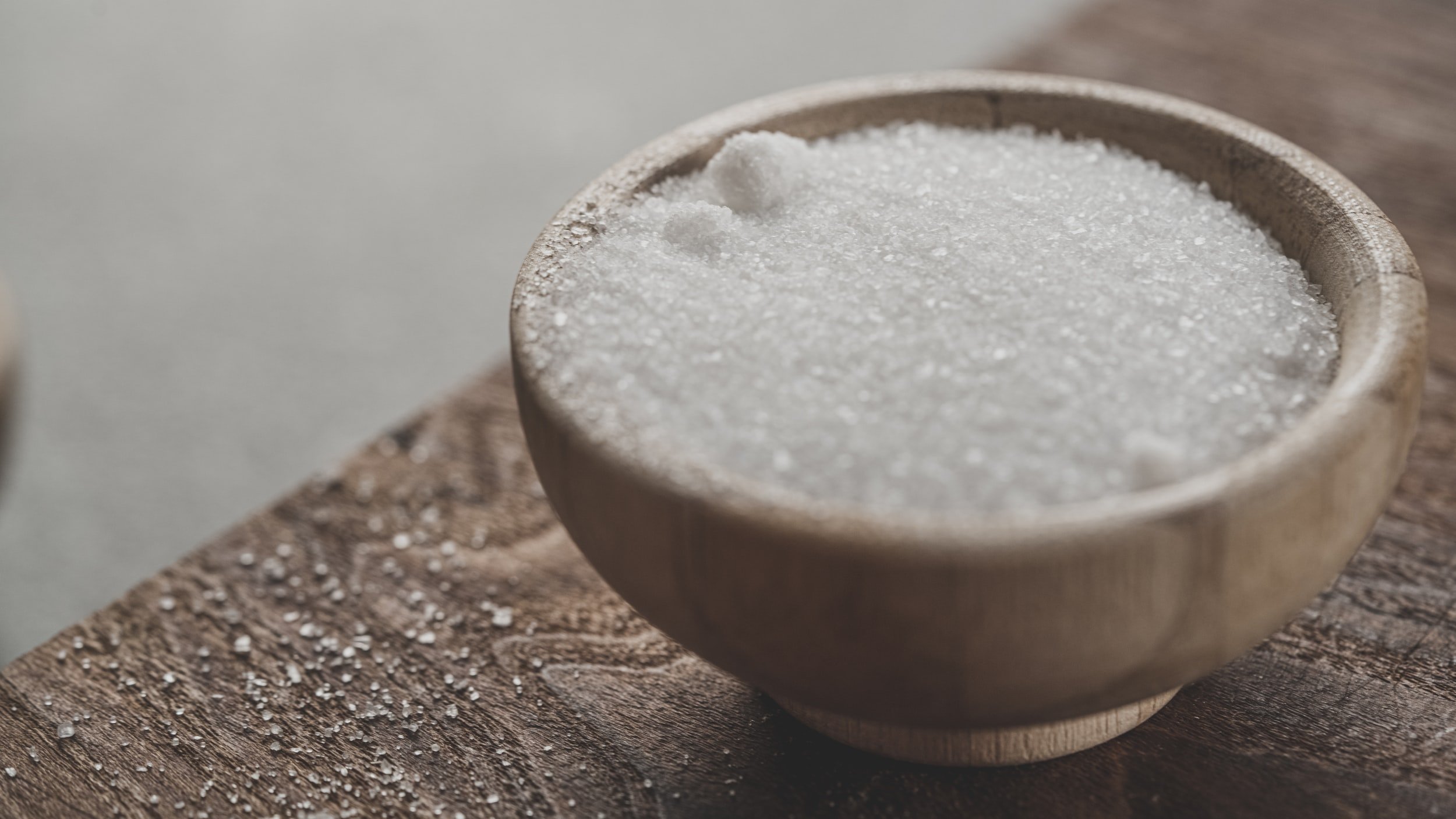Does sugar make you gain weight?
Does sugar make you fat?
I get asked this so much, so it’s time we talked about the science.
Lets start with blood sugar. Many people are surprised by my consistent advice to eat whatever makes them happy*. I don’t ask any of my clients to restrict food choices, even if that means they love Twinkies and Mama noodles - Yes Im a child of the 80’s and that’s what I ate as a kid – mostly because I believe restricting often leads to bouts of binging, more on that at a later date. Now, I want to talk about sugar and the misconceptions that surround it.
What is a Glycemic Index?
Most of you have probably heard of the term Glycemic index (GI). It is basically a measurement of how quickly a food source raises our blood sugar. Diet culture will have you believe that the higher the glycemic index, the worse it is for your body and therefore should be avoided. Well what if I told you that pure glucose (a score of 100 which is the highest score on the GI scale), is what helped me lose weight and made me perform the absolute best I had ever performed in the gym?
What Im saying is, glycemic index score, doesn’t show the whole picture. Its not just a case of high is “bad” and low is “good”.
Some foods that have a high GI score aren’t even associated to obesity. Take carrots for example, have you ever heard of any cases where people became obese because of carrot consumption? You also have other factors to include like the fact that food’s GI scores change depending on what else is being consumed.
Fibre, protein and fats all change the GI score of a particular food so determining how one individual food will affect your health is difficult to ascertain in real life, since most of us consume a mixture of different macronutrients.
What is the Glycemic Load?
There’s also the Glycemic Load (GL) to consider as well. Glycemic load accounts for how much carbohydrate is in the food and how much each gram of carbohydrate in the food raises blood glucose levels. If I haven’t lost you at this point then clearly you’re a bit of a science geek too.
What about the Insulin Index?
Next, lets also talk about Insulin index (II). We have all been taught in high school biology that insulin is released as a response to food intake, well what is often misunderstood is that the relationship between the II and the GI isn’t always as parallel as we think. This means that certain foods with high GI don’t always result in high insulin production. Low fat or fat free dairy products can induce a high level of insulin release but score pretty low on the Glycemic index. So you see, the GI, GL and II aren’t enough to determine whether a food is a good source of nutrition or not.
Don’t presume one index determines the quality of a food.
You simply can’t assume that just because a single food has a high GI, means that it isn’t going to help you reach your health goals. What we do know is that foods that have been highly processed that do have a high GI score, such as popular candy bars have very little nutrients in them.
When we judge whether a food is going to help us create better health and a stronger body, we can’t just look at whether the food is high in sugar, we have to consider other factors such as the level of phytochemicals, macronutrients, and minerals available in them. Therefore the GI of a food should not determine the healthiness of a food source and shouldn’t be the only deciding factor as whether a food should or should not be consumed.
So when people ask “does sugar make you fat?” There’s really quite a lot you have to understand before jumping to conclusions, but generally no, sugar doesn’t make you fat, eating in a surplus will.
*Anyone with dietary health conditions should consult a qualified medical practitioner.



